Relations nosedived in 2018 after Canada arrested a senior Huawei executive and have remained rocky ever since.
Chinese President Xi Jinping and Canadian Prime Minister Mark Carney met on Friday and called for improving ties in a pragmatic and constructive manner, according to both sides.
Recommended Stories
list of 4 itemsend of list
“The leaders agreed that their meeting marked a turning point in the bilateral relationship,” a Canadian statement said.
Xi was quoted as saying that relations are showing signs of recovery, thanks to the joint efforts of both sides.
“We are willing to work together with Canada to take this meeting as an opportunity to promote the return of bilateral relations to a healthy, stable and sustainable track as soon as possible,” Xi said, according to an official report distributed by China’s state media.
Carney, who became prime minister in March, accepted an invitation from Xi to visit China, the Canadian statement said, without specifying any date.
Carney also later told reporters he was “very pleased” with the outcome.
“We now have a turning point in the relationship, a turning point that creates opportunities for Canadian families, for Canadian businesses and Canadian workers, and also creates a path to address current issues,” he said.
“The meeting signals a change in tone and an openness to relations at the highest levels, but this is not a return to strategic partnership,” said Vina Nadjibulla, vice president of the Asia Pacific Foundation of Canada. “Canada needs to proceed with caution because there’s nothing to suggest the Chinese Communist Party’s actions have changed since the prime minister named China as a foreign security threat.”
She said Carney should keep talking with Chinese leaders but stay mindful of China’s threats to Canada’s security interests, including its efforts to play a greater role in Arctic affairs.
Shaky relations
Relations took a nosedive in late 2018 after Canadian authorities arrested a senior executive of Chinese tech giant Huawei as part of its extradition agreement with the United States. China then arrested two Canadian citizens and charged them with espionage.
Ties did not improve much even after the 2021 release of the two Canadians, Michael Kovrig and Michael Spavor, and the Chinese executive, Meng Wanzhou, who is the daughter of Huawei’s founder.
More recently, relations have been shaken by Canada’s decision to levy a 100 percent tariff on electric vehicles (EVs) from China in 2024 and a 25 percent tariff on steel and aluminium. China retaliated with its own steep tariffs on canola, seafood and pork, and has offered to remove some of those import taxes if Canada drops the EV tariff.
Canada made the move last in tandem with the US.
The Canadian statement said that both leaders directed their officials to move quickly to resolve trade issues and irritants and discussed solutions for specific products such as EVs, canola and seafood.
Xi called for expanding “pragmatic” cooperation in areas such as the economy, trade and energy. Both Canada and China have been hit by tariffs imposed by US President Donald Trump.
The attempt at rapprochement comes as Carney looks to diversify Canada’s trade away from the US and as Trump says he plans to raise tariffs on imports of Canadian goods by an extra 10 percent. Canada’s free trade agreement with the US is up for review.
Earlier on Friday, Carney told a business event that the world of rules-based liberalised trade and investment had passed, adding that Canada aimed to double its non-US exports over the next decade.
Nadjibulla said China should not be viewed as the solution to Canada’s issues with the US, however.
“We should not diversify away from the US and go deeper into China,” she said. “Canada’s overdependence on both the US and China has been shown to be a vulnerability we cannot afford.”

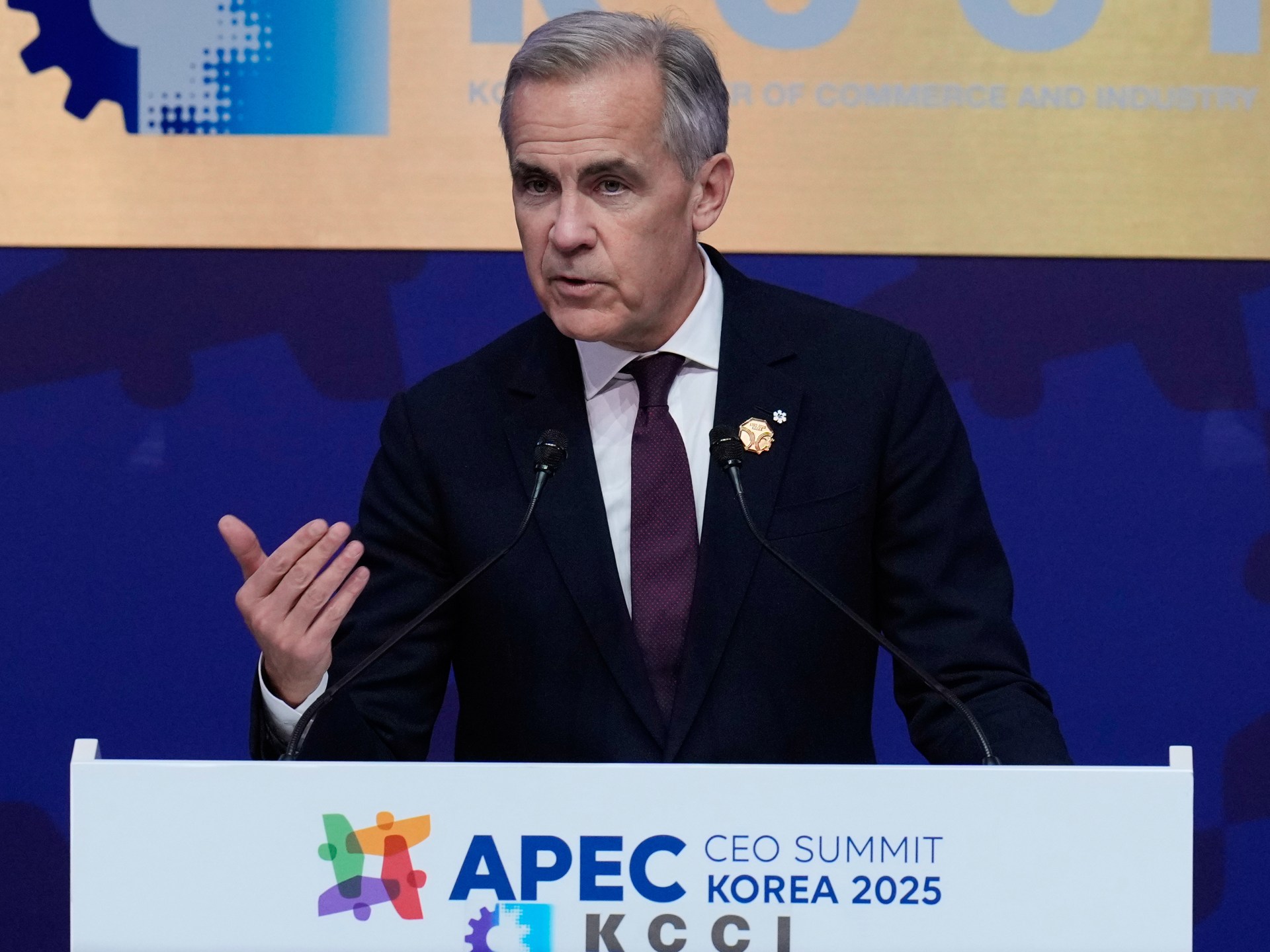
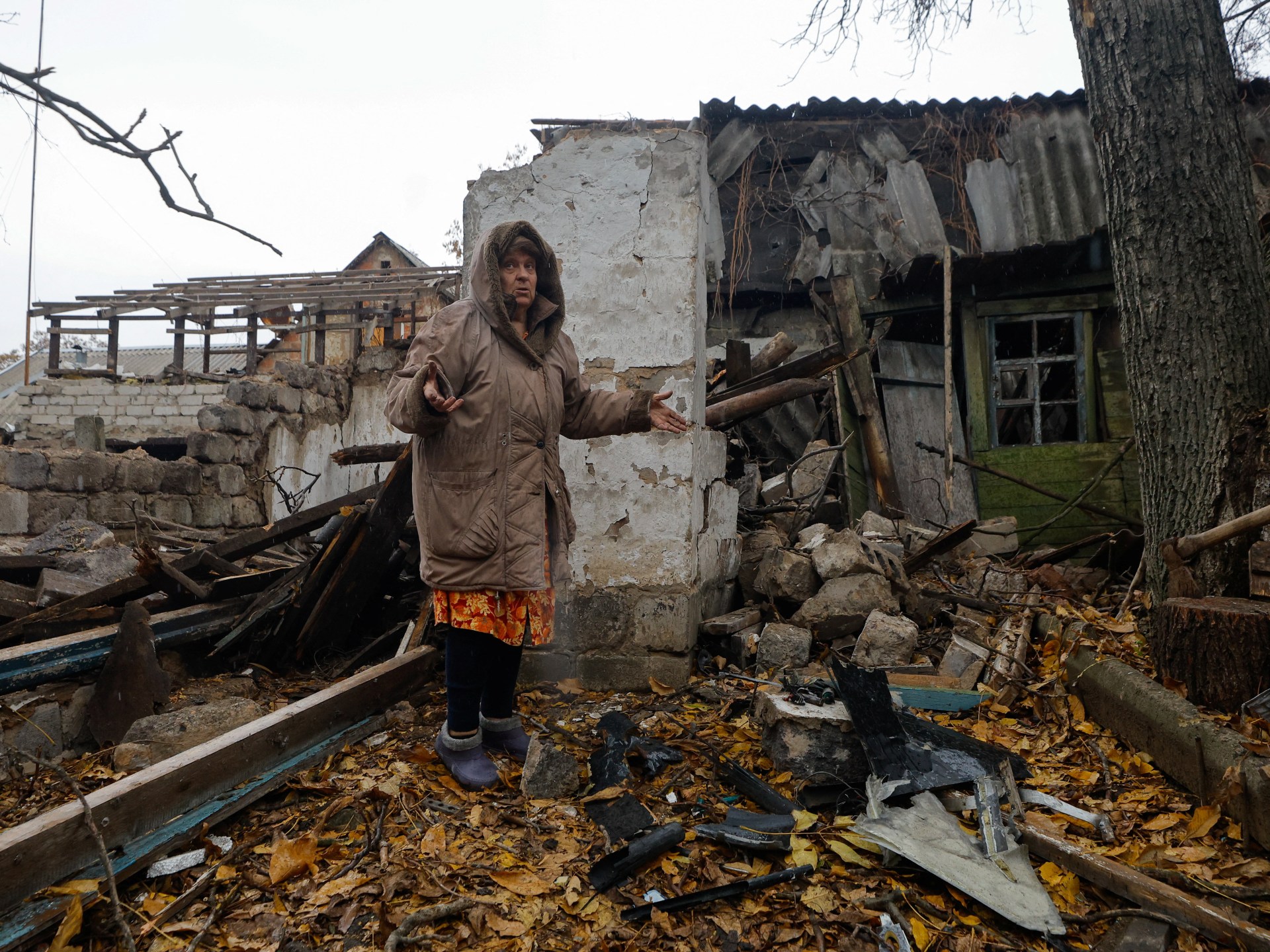


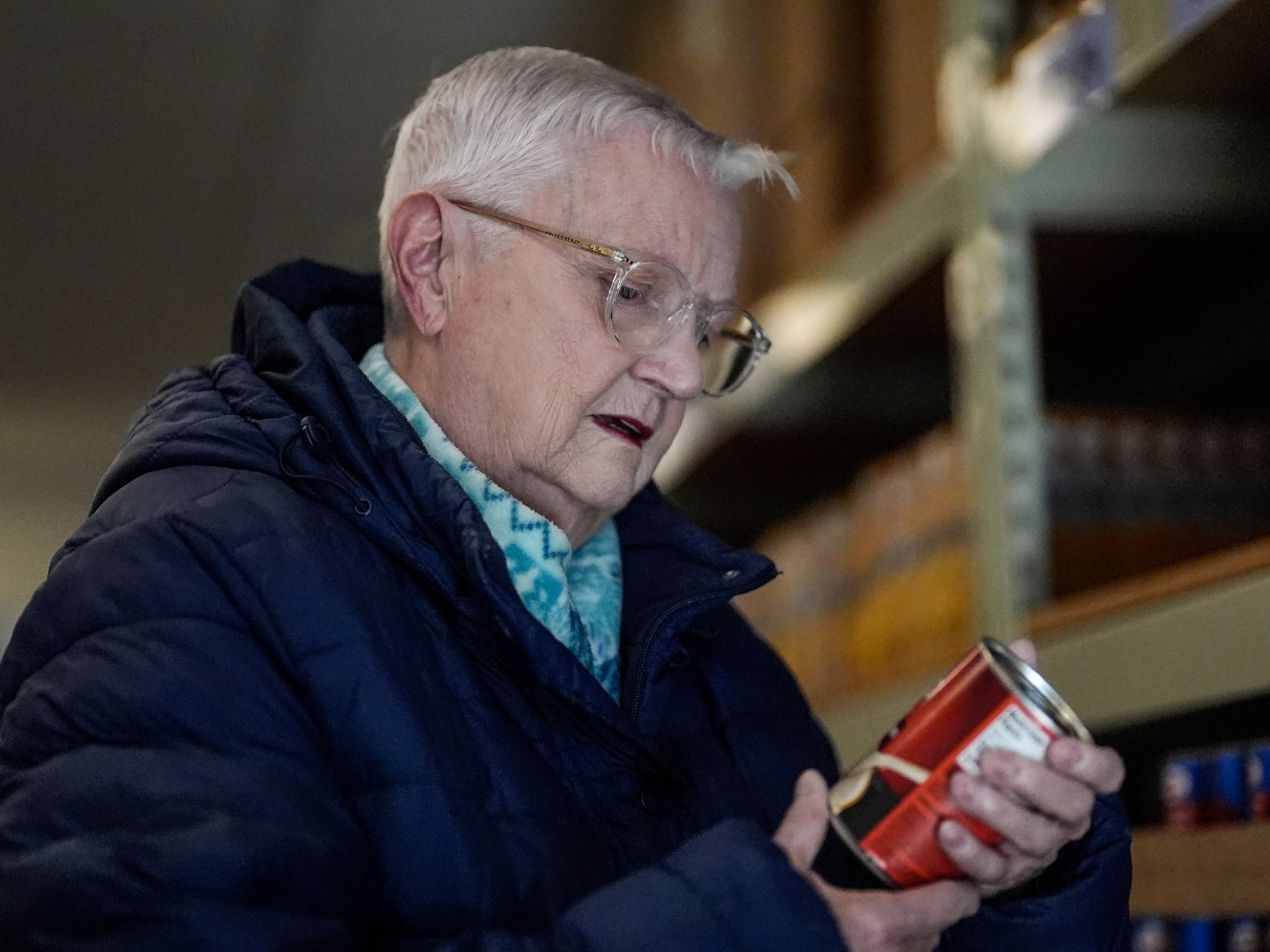
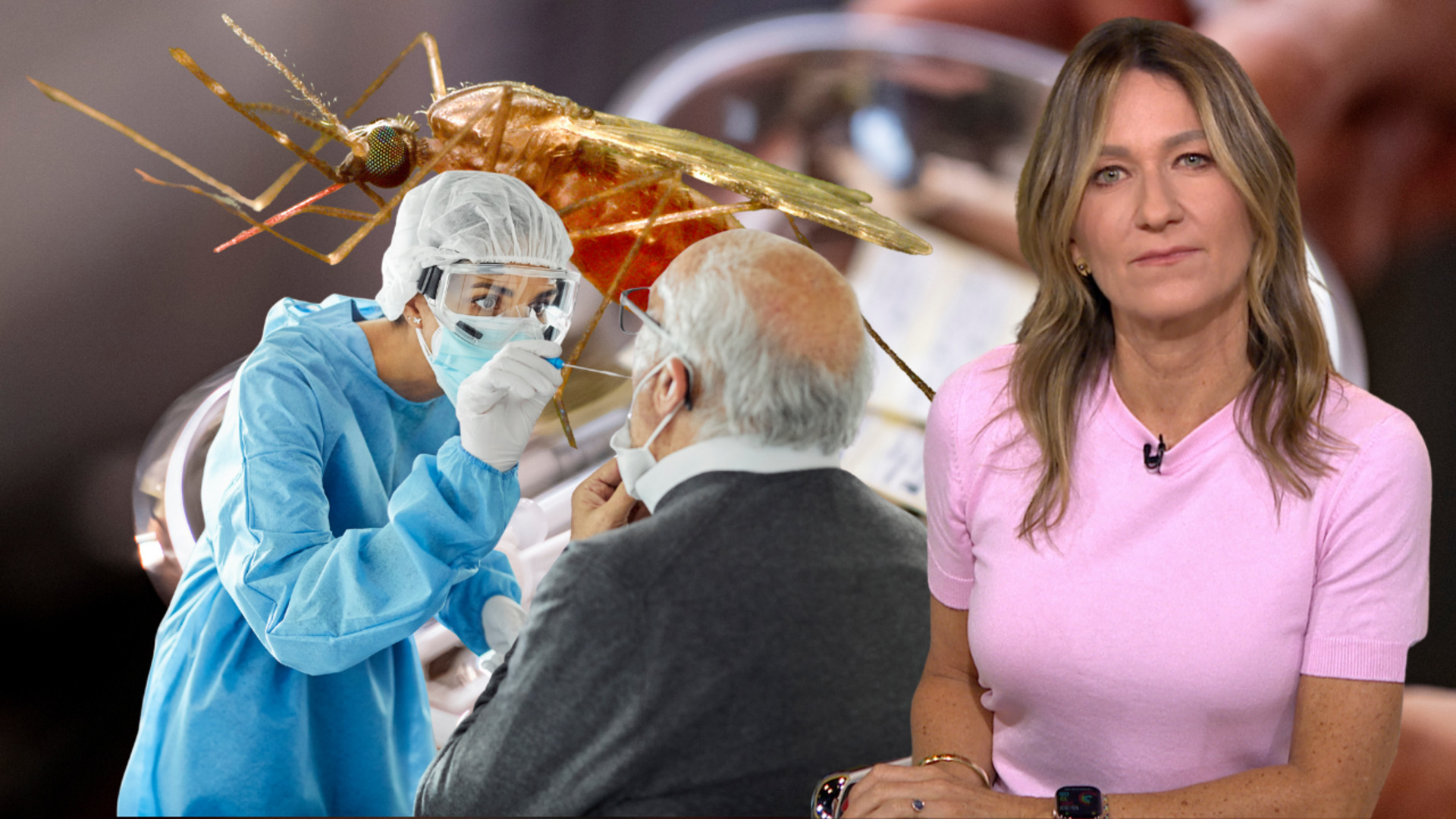
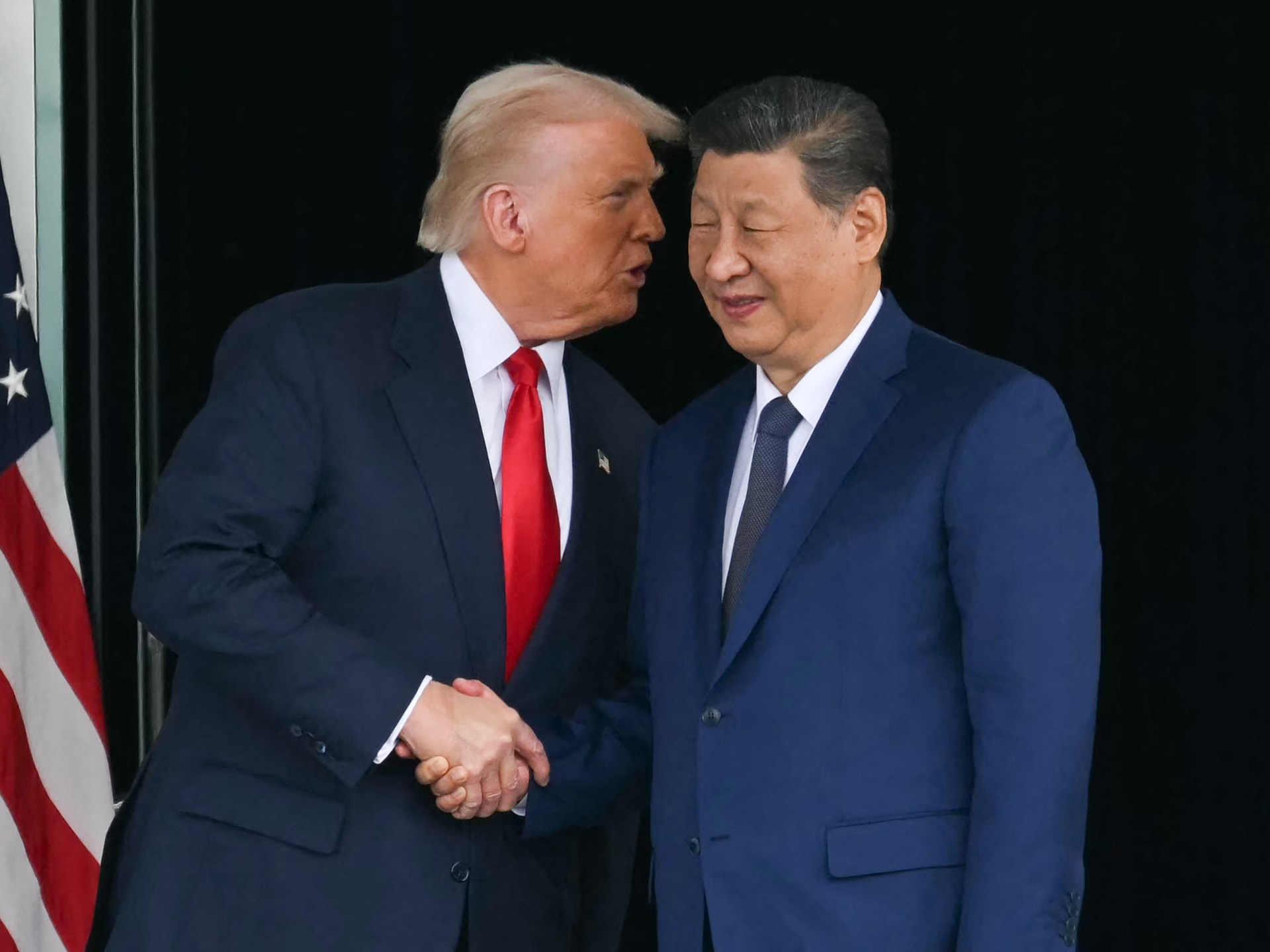





Leave a Reply